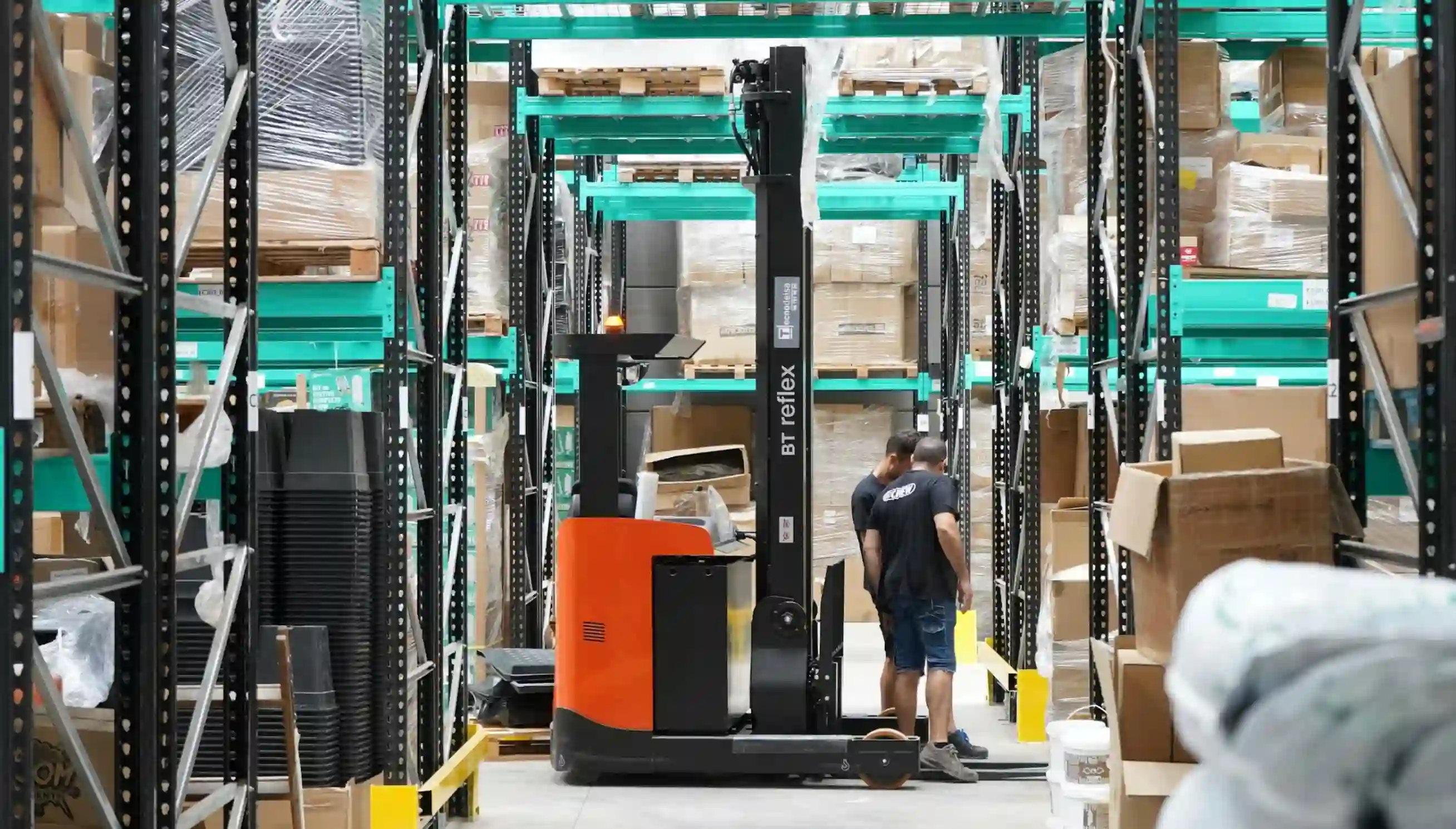Top 15 Facts To Know Before Discarding Electronic Waste
Aside from the seemingly endless supply of cutting-edge technology and the insatiable human desire for it, another byproduct of this rapid technological development is the accumulation of vast quantities of used and broken electronic devices.
Aside from the seemingly endless supply of cutting-edge technology and the insatiable human desire for it, another byproduct of this rapid technological development is the accumulation of vast quantities of used and broken electronic devices. Electronic waste, or e-waste, has, on the other hand, received little notice relative to other forms of waste and hence is the fastest-growing waste stream in the world, posing major challenges toward environmental sustainability and human health. But really, why should we care about old phones, outdated tablets, and ancient laptops? There are quite a few good reasons.

From precious material waste in landfills to toxins leaching in our ecosystems, the problem of poor disposal of e-waste is much more than clutter—it poses a ticking environmental time bomb. Personal data can become a goldmine for cybercriminals if your old devices aren't disposed of properly. The time is ripe for people to understand the impacts and importance of responsible e-waste management because we are continuing to consume and dispose of items at a very alarming rate.
In this blog post, we are going to reveal to you 15 shocking facts about e-waste, which will reveal how important it is to start using smarter and more sustainable practices for their disposal. Whether you are a tech enthusiast, an environmentally aware consumer, or just somebody who would like to declutter responsibly, the following insights would arm one with an extra level of knowledge on how to make an impact. Therefore, it is only right that we investigate the intricate and circuitry-filled realm of e-waste in an effort to find a way to transform this growing issue into a potential windfall for Earth and future generations.
- Recycling Benefits: Recycling e-waste preserves natural resources and cuts greenhouse gas emissions significantly compared to producing new materials. However, recycling rates remain disappointingly low, especially in countries like Canada, where only about 20% of e-waste is processed sustainably.
- Environmental Impact of Incineration: Burning e-waste generates dangerous pollutants, including heavy metals and dioxins, which harm the air, water, and soil. These pollutants pose serious health risks to humans and wildlife, making recycling a far better option for reducing the ecological footprint of electronic waste.
- Loss of Valuable Materials: Discarding e-waste in landfills leads to the loss of precious materials like gold, copper, and silver. These resources could be extracted and reused, reducing the need to mine new materials and thereby lessening environmental degradation, which is why it is important to work with companies like Michaels Global Trading.

- Data Security Concerns: The disposal of electronic devices poses significant data security risks. Sensitive data is frequently present on laptops, smartphones, and tablets, and if properly destroyed, cybercriminals could exploit it. The global impact of cybercrime is profound, with an estimated annual cost of around $6 trillion, underscoring the critical need for secure data destruction practices.
- Health Impacts: Inadequate e-waste management can expose the public to toxic substances like lead, mercury, and cadmium. These toxins can leach into the environment, causing severe health issues for communities, particularly in regions with poor waste management practices.
- Technological Solutions to E-Waste: Advances in recycling technology have enhanced the efficiency of material recovery from old electronics, promoting more sustainable practices. These innovations minimize waste and support the recycling of recycled materials into new products.
- Recycling Companies and Data Privacy: E-waste removal firms use advanced technology to ensure total data destruction on electronic devices before recycling. It's vital to select a trustworthy E-waste removal firms who can provide verifiable proof that your data has been securely destroyed, safeguarding your privacy and preventing potential data breaches.

- International cooperation is needed: Tackling the global e-waste problem requires robust international collaboration. Stronger regulations and global standards are essential for effective e-waste management, promoting environmental sustainability and resource conservation on a global scale.
- Energy Conservation through Recycling: Recycling e-waste requires far less energy than extracting and processing raw materials. This not only conserves energy but also alleviates the demand for dwindling natural resources, offering a more sustainable solution to resource management.
- Reducing Mining Costs: Recycling e-waste helps avoid the environmentally and economically costly process of mining virgin ores. Recovering metals from old electronics minimizes pollution and lowers material costs, contributing to more sustainable production practices.
- Mobile Phones and E-Waste: The surge in mobile phone usage has contributed significantly to e-waste volumes. Various organizations and initiatives focus on repurposing functional devices, extending their usability and reducing environmental waste.
- Global E-Waste Production: E-waste generation varies significantly across regions, with Asia and the Americas being the largest producers. Implementing effective legislation and management systems is crucial to enhance e-waste removal rates and ensure environmental protection.

- Job Creation in E-Waste Recycling: The e-waste recycling industry is a significant economic contributor, creating numerous jobs in sorting, processing, and transporting materials. This sector not only helps conserve energy but also boosts local economies through new employment opportunities.
- Retail Take-Back Programs: Many retail stores now facilitate e-waste removal, providing consumers with convenient options to recycle old electronics responsibly. These programs are crucial for increasing recycling rates and ensuring electronics are disposed of properly.
- Problematic Small Devices: The disposal of small electronics like smartphones and tablets is increasingly problematic. These devices account for a substantial portion of e-waste and are growing in number due to rapid technological advancements, highlighting the urgent need for effective recycling solutions.
E-waste is a complex issue that affects all of us. Understanding these facts and how companies like Michaels Global Trading assist in managing e-waste responsibly can help mitigate the negative impacts associated with the disposal of our electronic devices. By making informed decisions about the disposal and recycling of electronics, individuals and organizations can contribute to a more sustainable and secure future.




